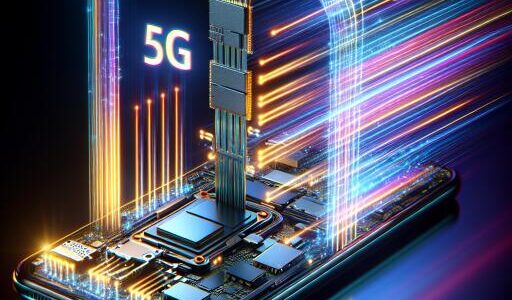Mint Primer: Will XR glasses, Neuralinks kill smartphones?
The evolution of communication technology has seen an array of devices jostle for the prime spot in our daily lives, with smartphones currently reigning supreme. Boasting an impressive tally of over 7 billion users worldwide, India alone contributes a significant 10% to this number. However, the throne of smartphones may not be secure for long. Innovations in extended reality (XR) glasses, gesture-based screens, and particularly, brain-computer-interface (BCI) devices like Neuralink, threaten to dethrone the ubiquity of smartphones within the next decade or two.
Elon Musk, the visionary behind Tesla and Neuralink, boldly predicts a future devoid of smartphones, where Neuralinks take center stage. Neuralink, dubbed ‘Telepathy’, is an ambitious venture into connecting the human brain directly to computers, initially aiming to grant critically ill patients the ability to control limbs with their thoughts. This technology may sound like the stuff of science fiction, but its implications on everyday life could be profound, completely altering how we interact with digital technology.
[INSERT_TAGE]The notion of moving beyond smartphones isn’t new. Prominent figures and industry leaders have long been forecasting the rise of wearable and implantable technologies as the next frontier in communication and computing. From smartwatches to driverless cars and even smart contact lenses, the future teems with potentials that could seamlessly integrate technology into our daily proceedings. Nokia’s CEO, Pekka Lundberg, once foresaw chips embedded in our bodies as the norm by 2030, while futurist Ray Kurzweil envisaged BCIs as the ultimate smartphone killers. Similarly, Apple has been flirting with the future of augmented reality (AR) through its ventures into mixed reality (MR) headsets and operating systems, signaling a broader industry trend towards wearable computing.
The transition from smartphones to these futuristic devices, however, won’t happen overnight. Our current dependence on smartphones extends beyond basic communication; they serve as cameras, gaming consoles, health monitors, banking tools, and more, all powered increasingly by advanced artificial intelligence (AI). Thus, while the potential for a shift exists, it may unfold gradually.
Yet, hurdles remain in the path towards this high-tech future. XR glasses, BCIs, and other emerging technologies face challenges ranging from limited functionality and high costs to concerns over privacy, data security, and user health. Moreover, their often bulky designs and limited battery life present practical challenges for everyday use. The development of a robust ecosystem of apps and services, akin to the interoperable ecosystems built for smartphones, is also a significant obstacle that manufacturers must overcome.
In conclusion, while smartphones currently play a pivotal role in our lives, the rapid advancement in technology hints at a future where they could be replaced by even more integrated and advanced devices. However, numerous challenges need to be addressed before XR glasses, Neuralinks, or any other futuristic device can truly claim the crown from smartphones. As we stand on the brink of this technological revolution, only time will tell how these innovations will reshape our interaction with the digital world.








